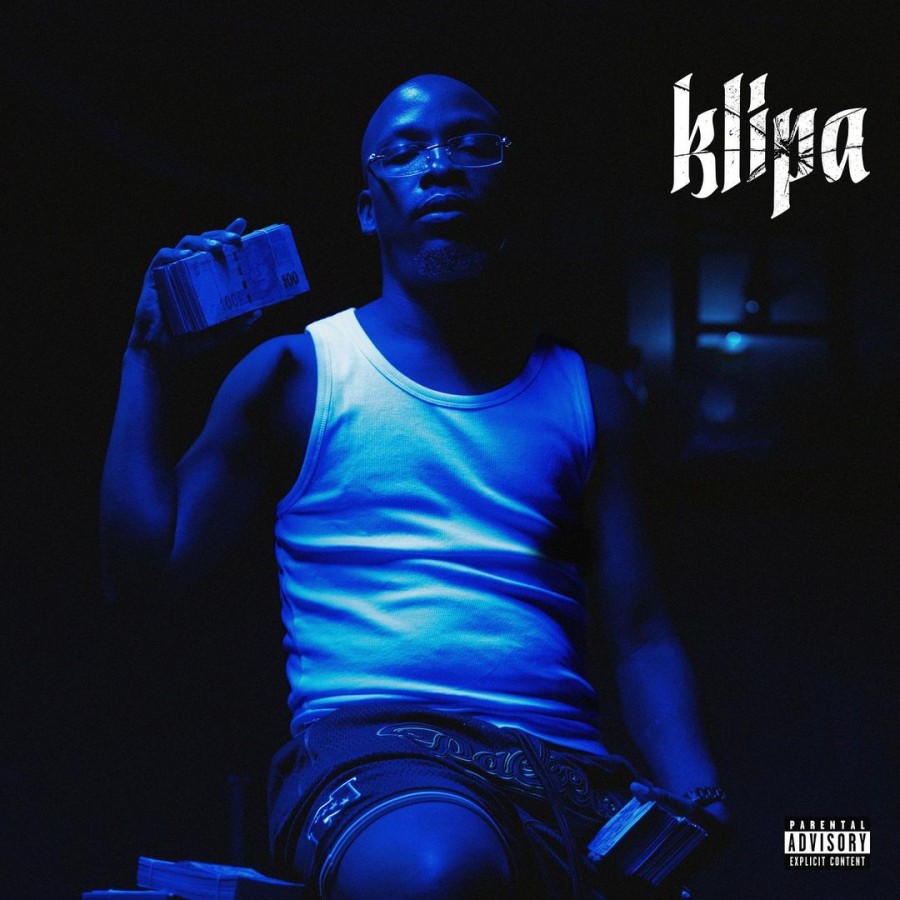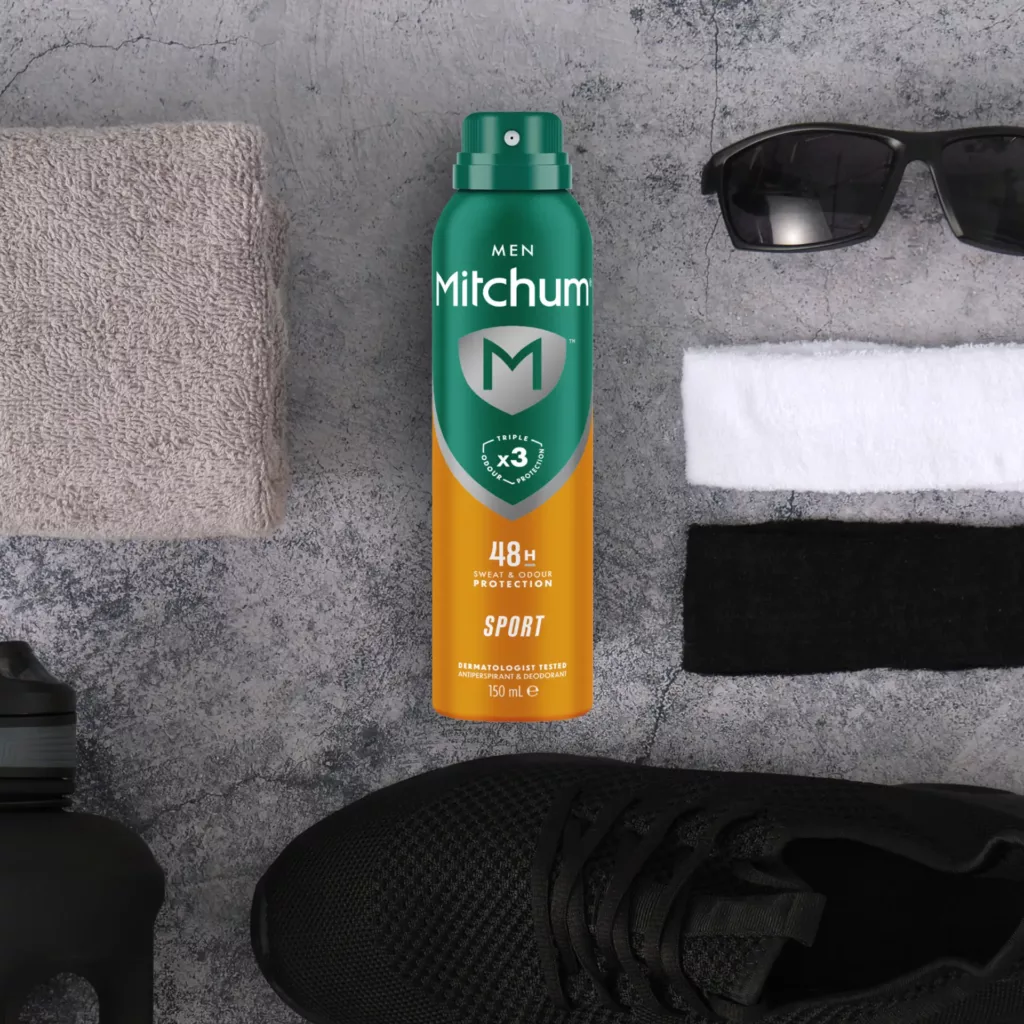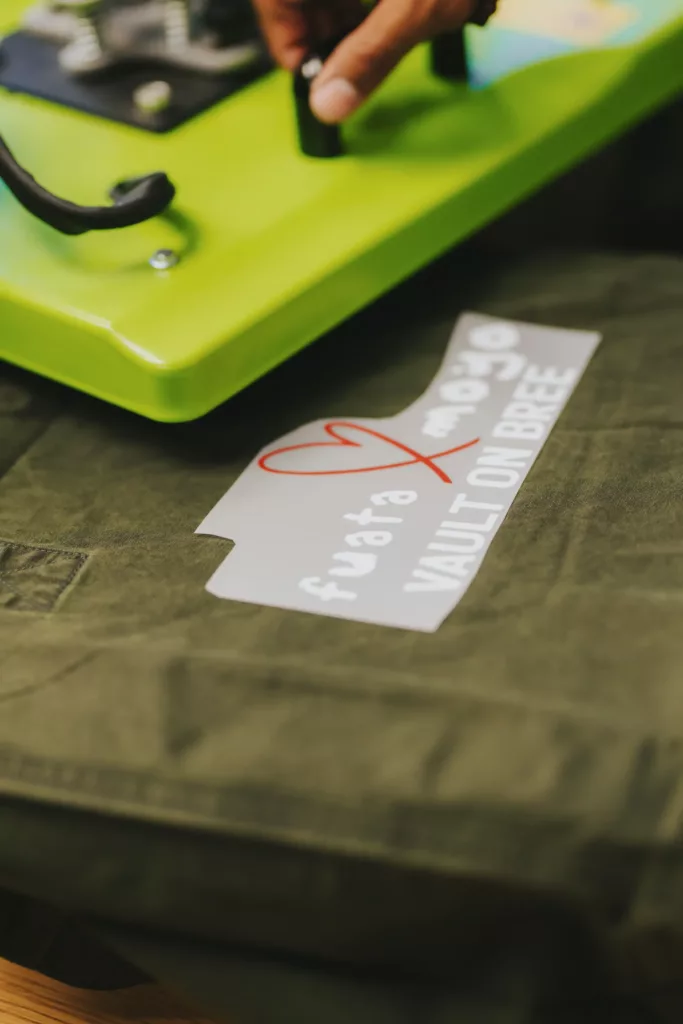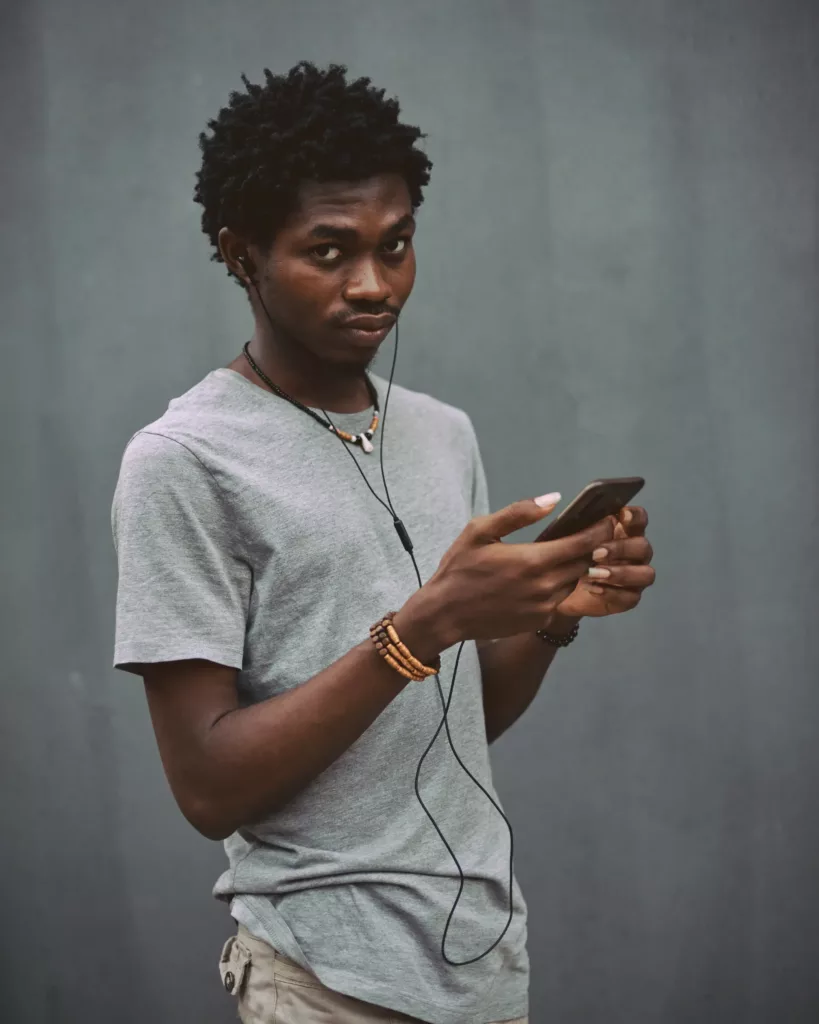In the ever-evolving media generation we live in, trends can be in today and replaced by the seemingly next best thing tomorrow. From maximalists to the clean girl aesthetic, BBLs, and now Ozempic, beauty standards are constantly varying. While westernisation and colonisation have impacted what we as Africans deem as a classically beautiful face and body, the rise of social media and the influencer era has redefined aesthetic norms.
Ancient African culture classified a woman’s beauty through attributes such as dark skin, a fuller more voluptuous figure, unique hairstyles, and distinctive facial features. However, through media, beauty standards began to shift to make way for a different-looking and more modern idea of African women. In the early days of television, South African soapie icons like Connie Ferguson and Leleti Khumalo became poster children for beauty, Slim figures, light skin, and relaxed hair became the standard everyone strived for, further divorcing our society from the original foundations of beauty, and drawing us closer to western standards and ideals.
A look through history provides evidence that the standards of beauty are constantly changing. Everyone can agree that Connie Ferguson and Bonang Matheba are truly beautiful women. But what marks beauty is complex and very different in every era. Faces go in and out of fashion, depending on politics, trends, and media. Subsequently in 2019, when Zozibini Tunzi was crowned Miss South Africa, with short natural hair and a darker skin tone, the face of beauty once again changed to a softer more natural look. Once DJ sensation Uncle Waffles rose to fame, the archetype of beauty evolved once again, proving that what is considered a beautiful face is heavily influenced by what is happening in society.
Today, TikTok is a key player in the beauty industry. With information and people so easily available at the swipe of a video, beauty has become personalised through algorithms. Unlike before the beauty industry has access to the consumer market through social media platforms, leveraging beauty trends and addressing people’s vulnerabilities. For the first time, if you’re struggling with a receding hairline, or acne at your fingertips you can find a whole community of people struggling with the same issue offering a whole host of solutions and a sense of solidarity.
While beauty might have been defined as one type of look, in today’s society and with Gen Z, so many different looks are considered beautiful. People are pushing away from media-defined standards of beauty such as The Kardashian-Jenners, as more young women no longer feel the need to conform and are becoming more comfortable with their individuality. With the rise of positive global figures such as Greta Thunberg who has been on the covers of renowned beauty magazines like Vogue, the idea of beauty is becoming more fluid and less defined.
The post You’re Beautiful // Society’s Evolving Standards of Beauty first appeared on Bubblegum Club.
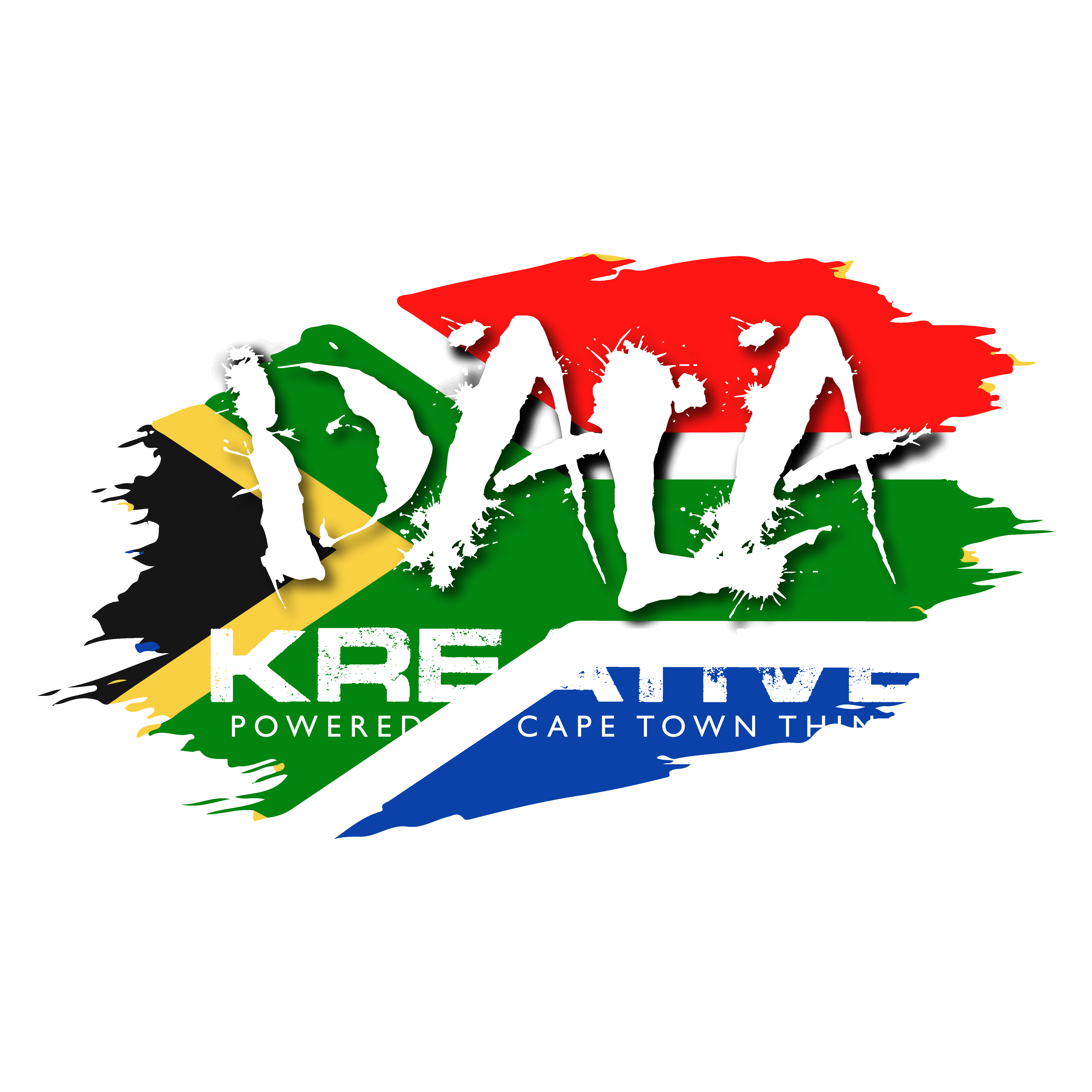






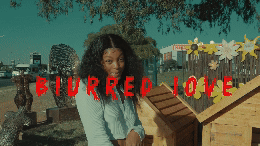



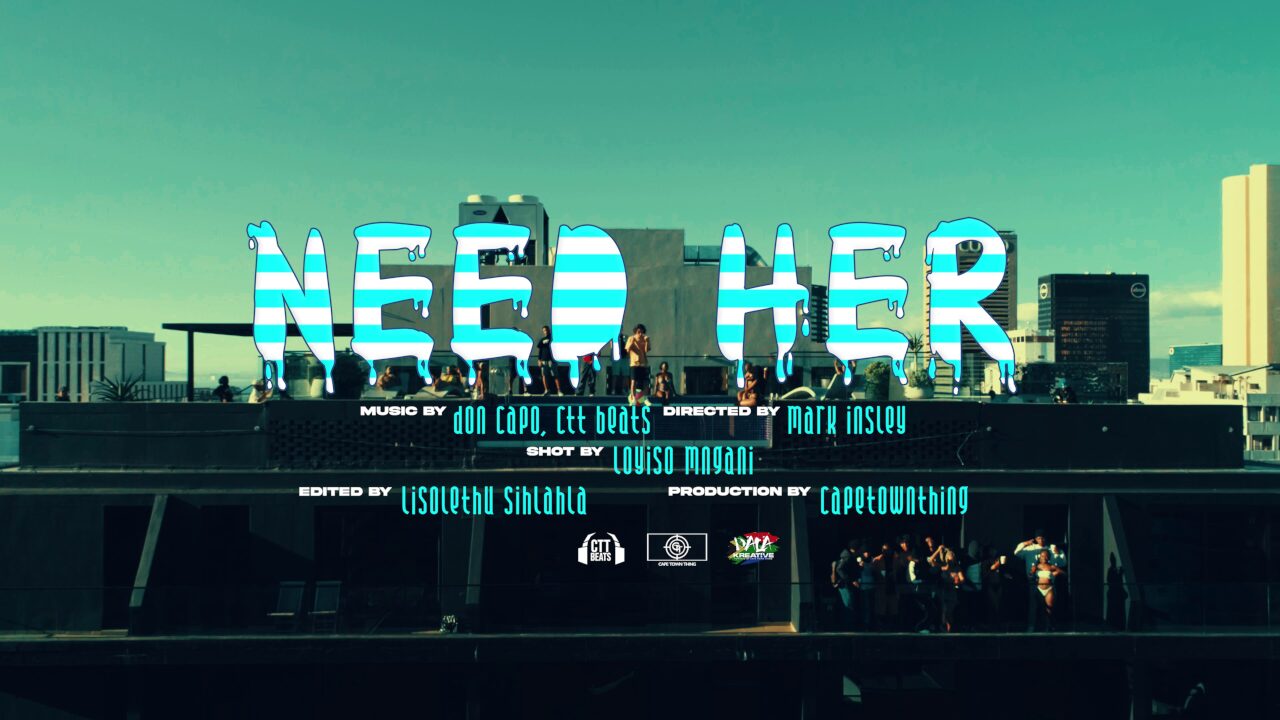
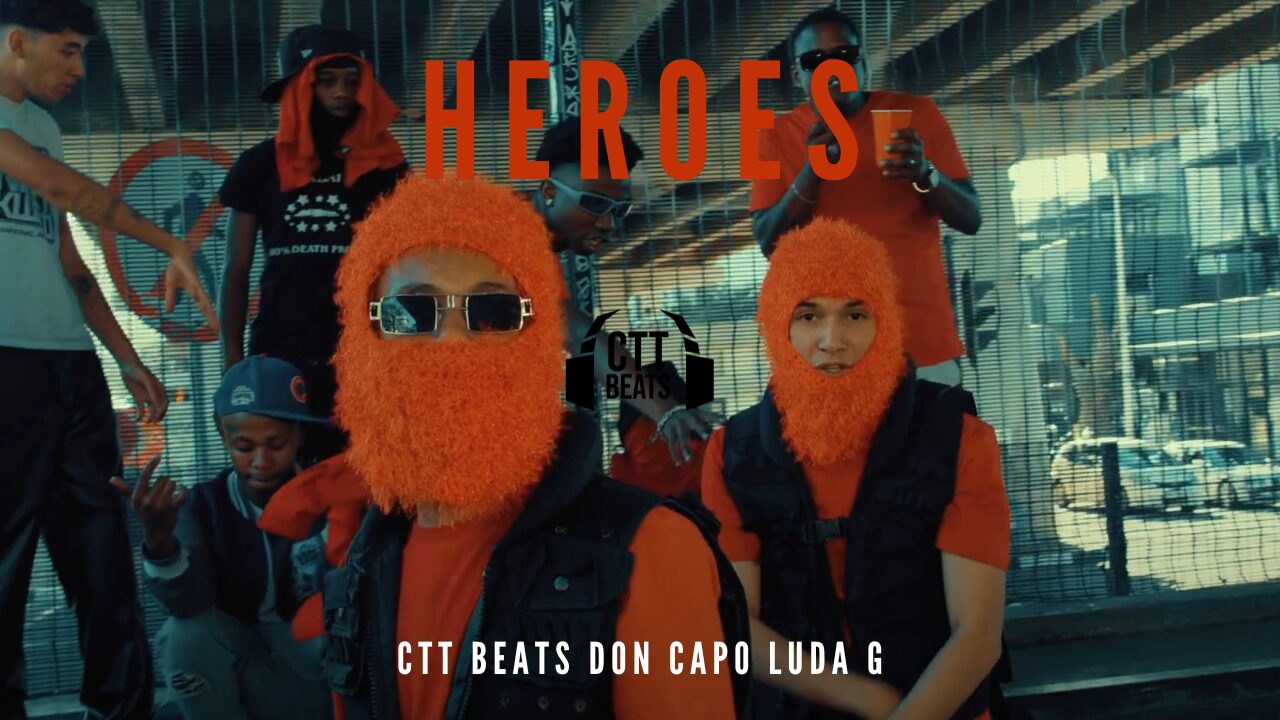

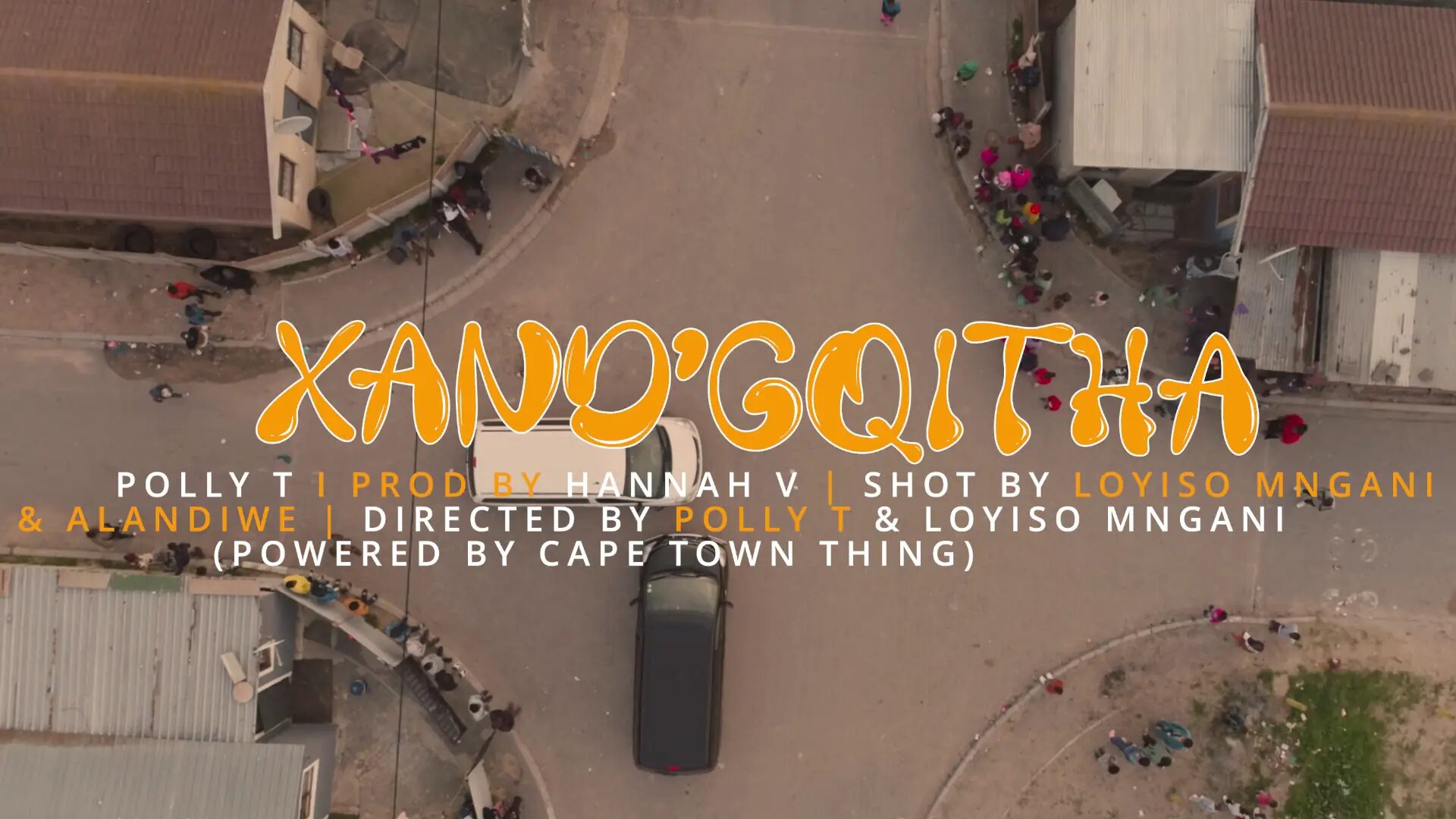
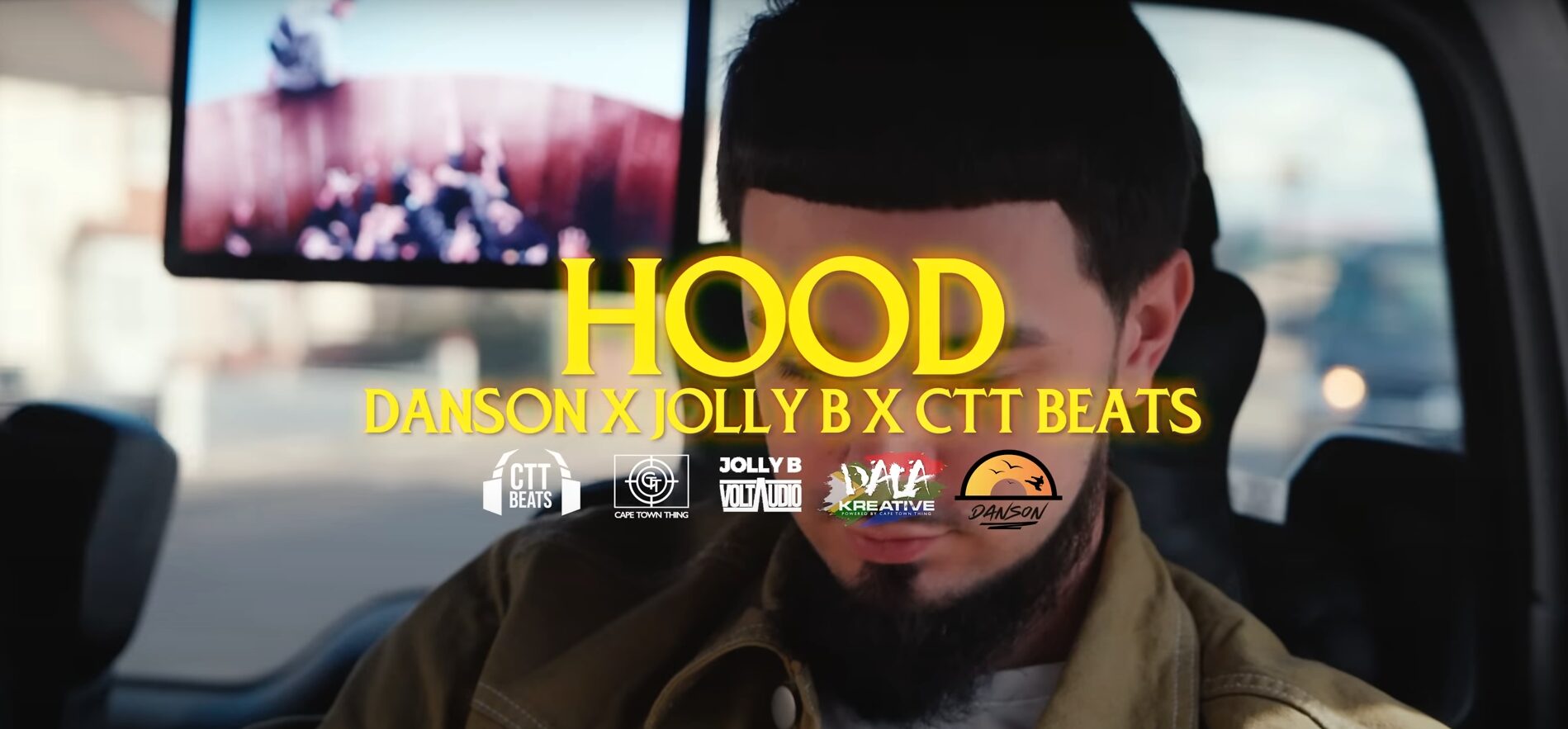
![CTT Beats, Flash Ikumkani, Hannah V – UNDITHWELE [ Official Video]](https://dalakreative.com/wp-content/uploads/2024/04/126e2320-6774-67b8-c0d0-6e9f02af4d58.jpg)
